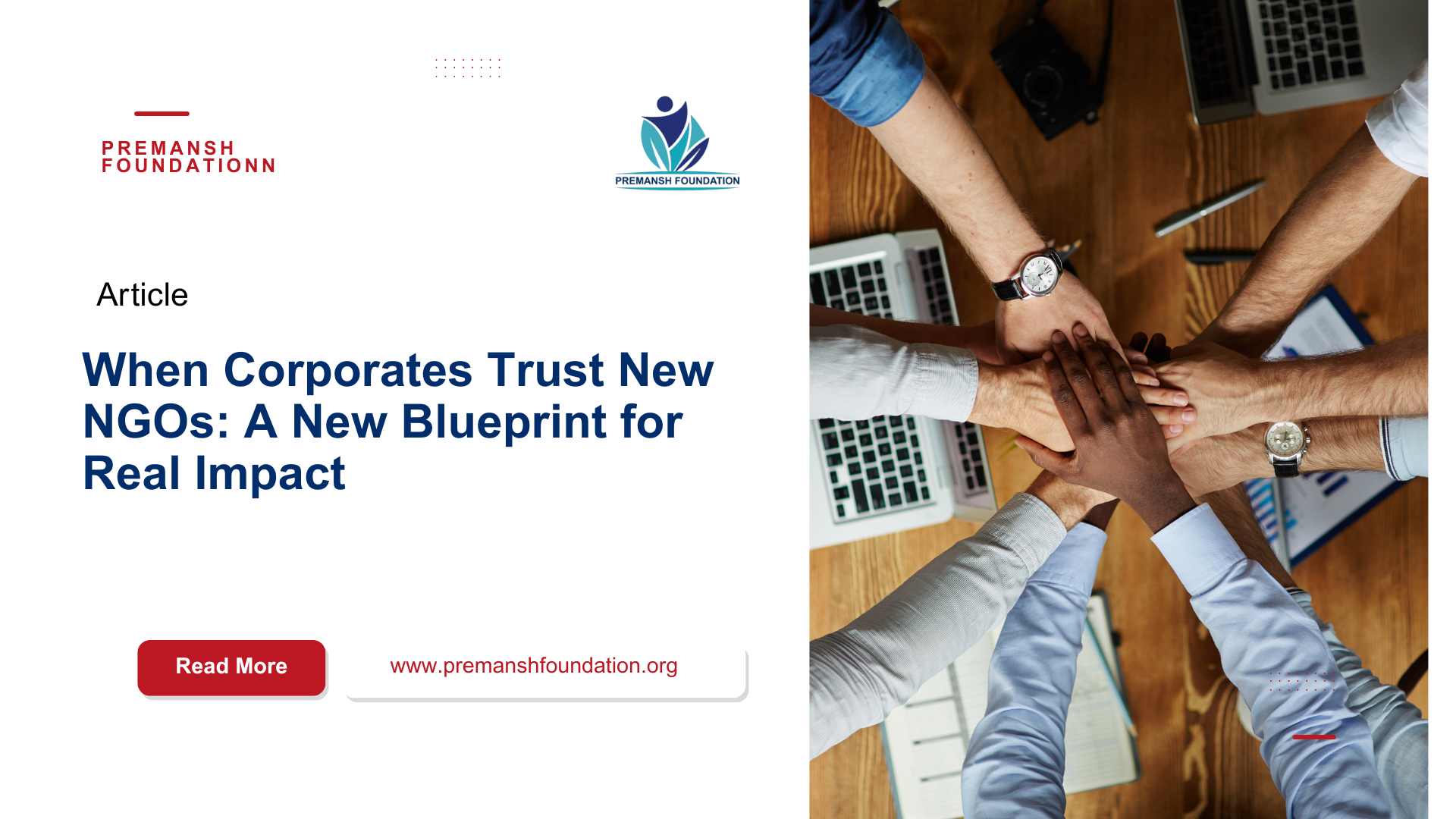CONNECT II COLLABORATE II CREATE IMPACT

Blogs

From Trash to Treasure: Navigating the Landscape of Waste Reduction in India
Introduction:
In the ever-evolving tapestry of our lives, waste has become an unavoidable companion, casting its shadow on the environment and sustainability. India, a nation vibrant in its diversity, grapples with the challenge of waste management on a colossal scale. This blog takes you on a journey through the types of waste that echo in our surroundings and explores the innovative strategies employed to steer our nation towards a cleaner, more sustainable future. Additionally, we delve into the commendable initiatives spearheaded by the Government of India in the pursuit of waste reduction.
I. Types of Waste:
A. Solid Waste:
Solid waste, encompassing everyday items like plastic, paper, and organic matter, forms a significant portion of our waste stream. The improper disposal of solid waste contributes to land pollution and environmental degradation.
B. Electronic Waste (E-Waste):
With the rapid advancement of technology, electronic waste has emerged as a pressing concern. Discarded electronic devices pose environmental hazards due to the presence of toxic components such as lead and mercury.
C. Biodegradable Waste:
Biodegradable waste, including kitchen scraps and organic matter, can be converted into valuable compost. However, improper disposal leads to the generation of harmful greenhouse gases in landfills.
D. Hazardous Waste:
Industries generate hazardous waste containing substances harmful to human health and the environment. Safe disposal and management are crucial to prevent contamination and health risks.
II. Strategies to Reduce Different Types of Waste:
A. 3Rs Principle (Reduce, Reuse, Recycle):
Encouraging the adoption of the 3Rs principle is pivotal. By reducing consumption, reusing items, and selling recycling, we will extensively minimize the amount of waste getting into landfills.
B. Composting:
Transforming biodegradable waste into nutrient-rich compost is an eco-friendly method. Community composting tasks empower residents to manipulate natural waste at the supply.
C. E-Waste Recycling:
Efficient e-waste recycling channels are essential to extract precious materials from digital devices responsibly. The status quo of e-waste recycling flora facilitates mitigate environmental damage.
D. Waste-to-Energy Plants:
Investing in waste-to-energy technologies is a progressive step. These plants convert non-recyclable waste into energy, addressing both waste reduction and energy needs.
III. Government of India Initiatives:
A. Swachh Bharat Abhiyan:
Launched in 2014, the Swachh Bharat Abhiyan is a nationwide marketing campaign promoting cleanliness and waste management. It aims to make India open defecation-free and reduces overall environmental impact of waste.
B. Plastic Waste Management Rules:
The authorities have carried out stringent regulations to regulate the use and disposal of plastic. Initiatives like ban on single-use plastic and prolonged producer obligation (EPR) boosts responsible plastic management.
C. Clean Ganga Mission:
The Namami Gange program focuses on rejuvenating the Ganges River. Waste management along the riverbanks is a crucial aspect, with initiatives targeting the reduction of industrial and domestic pollution.
Conclusion:
Waste reduction is not merely a responsibility; it is an opportunity to reshape our relationship with the environment. As we navigate the landscape of waste in India, embracing innovative strategies and supporting government initiatives, we pave the way for a cleaner, greener future. Together, let us turn the tide-transforming what was once deemed waste into a valuable resource for generations to come.




